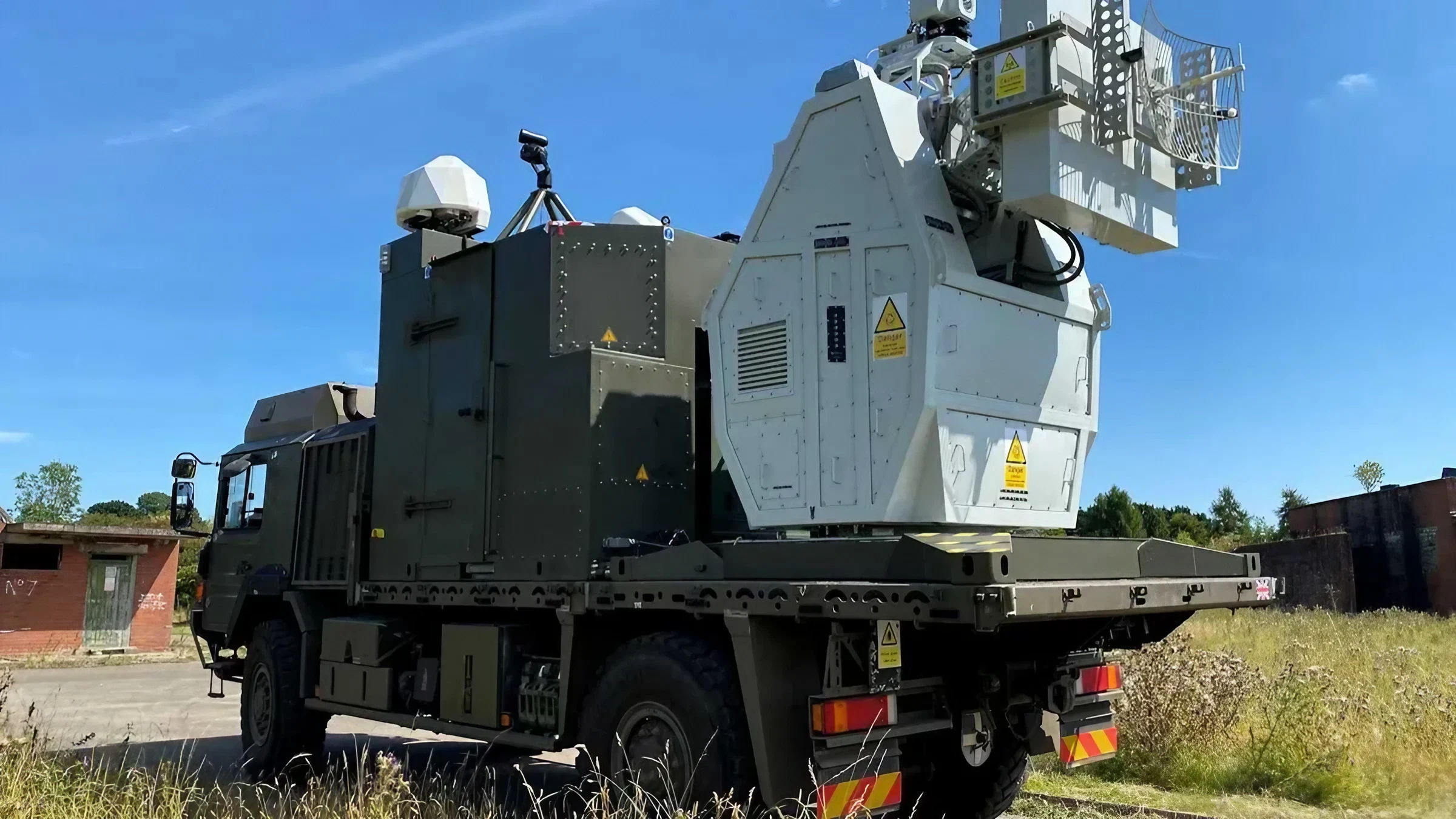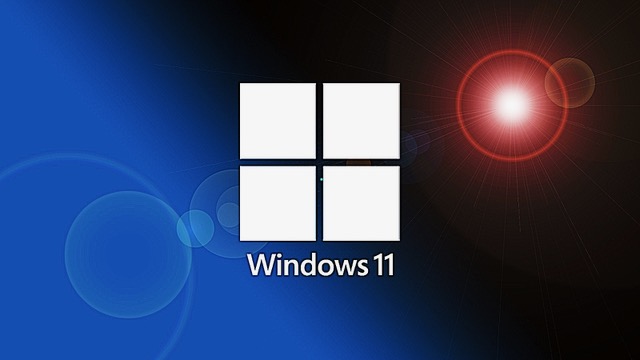The development could create a new chip export industry in Ireland, says the lead researcher.
Researchers at Lero have harnessed machine learning (ML) technology to create the first-ever silicon chip entirely out of scratch without any human input.
Conor Ryan, an ML prof at the University of Limerick and lead researcher at Lero – the Research Ireland Centre for software – led the research team and said that the development of this process “could pave the way for a new era of automated digital circuit design with Ireland at its centre, creating a new export industry with many well-paying jobs.”
The team plans to work with some select global chip design and fabrication companies following the manufacturing of a Lero-designed chip by industry-leading foundry Taiwan Semiconductor Manufacturing Company – whose facilities were utilised by the researchers for their project.
According to the team, the Lero-created process – which was born out of a Research Ireland-funded project called ‘Automatic Design of Digital Circuits’ – replaces traditional chip-manufacturing methods with an entirely automated flow while eliminating an entire step in the traditional verification process.
Prof Conor Ryan, University of Limerick.
A patent has been filed by Lero, which, according to Ryan, covers the use of a grammar-based optimisation engine that ensures all generated designs are manufacturable and ready for production, opening the door to smarter, faster, and more sustainable hardware designs, with potential applications in consumer electronics, healthcare and automotive among other sectors.
“The patent secures the proprietary methods and novel approach to automating silicon chip design’s traditionally manual, complex, and error-prone process. The techniques created by Lero replace traditional methods with an entirely automated flow, reducing the need for human intervention and minimising the risks of design errors,” Ryan said.
“The system combines cutting-edge machine learning with industry-standard tools and workflows, ensuring the results are compatible with modern manufacturing processes.
“It radically reduces the time and financial resources required to produce integrated circuits, democratising access to advanced hardware innovation. Our process also eliminates an entire step in the traditional verification process,” he added.
Recently, Lero partnered with semiconductor giant Arm on a four-year €566,000 research project to improve road safety in automated vehicles.
Meanwhile, the Research Ireland Centre is also leading a €600,000 two-year project with Maynooth University, the Dublin City Council and the Irish Aviation Authority preparing urban Ireland for widespread drone usage.
Don’t miss out on the knowledge you need to succeed. Sign up for the Daily Brief, Silicon Republic’s digest of need-to-know sci-tech news.









Leave a Comment